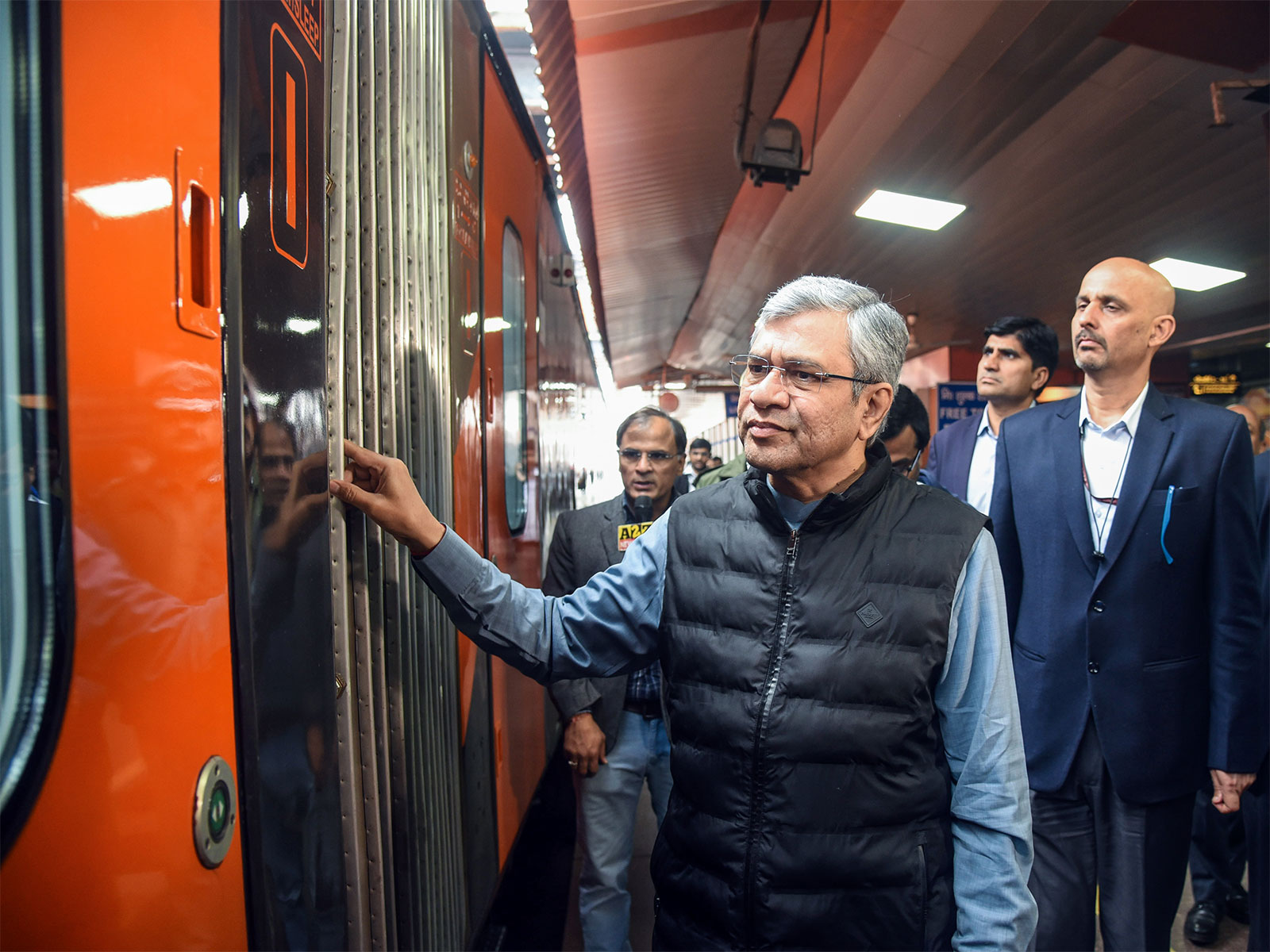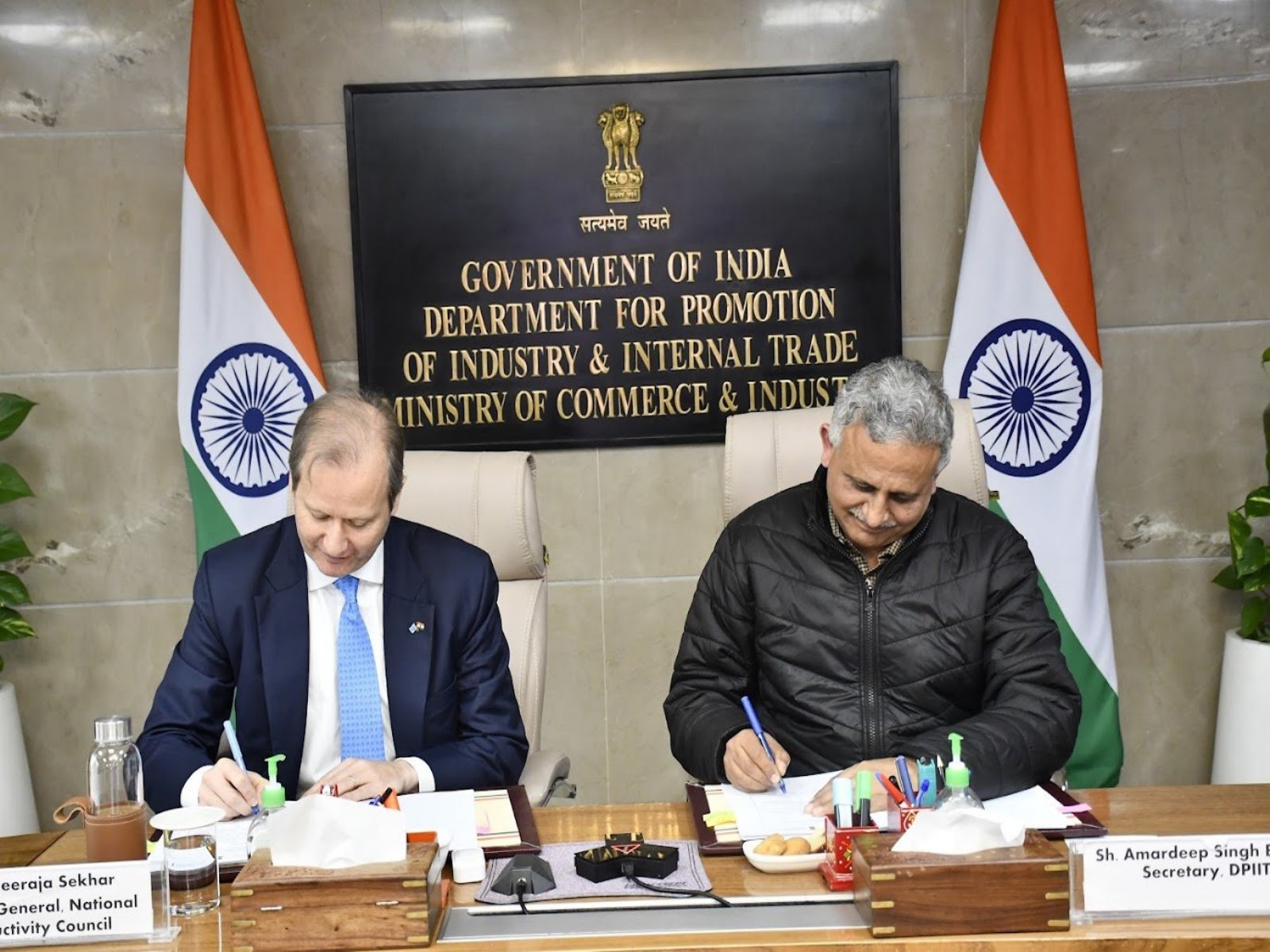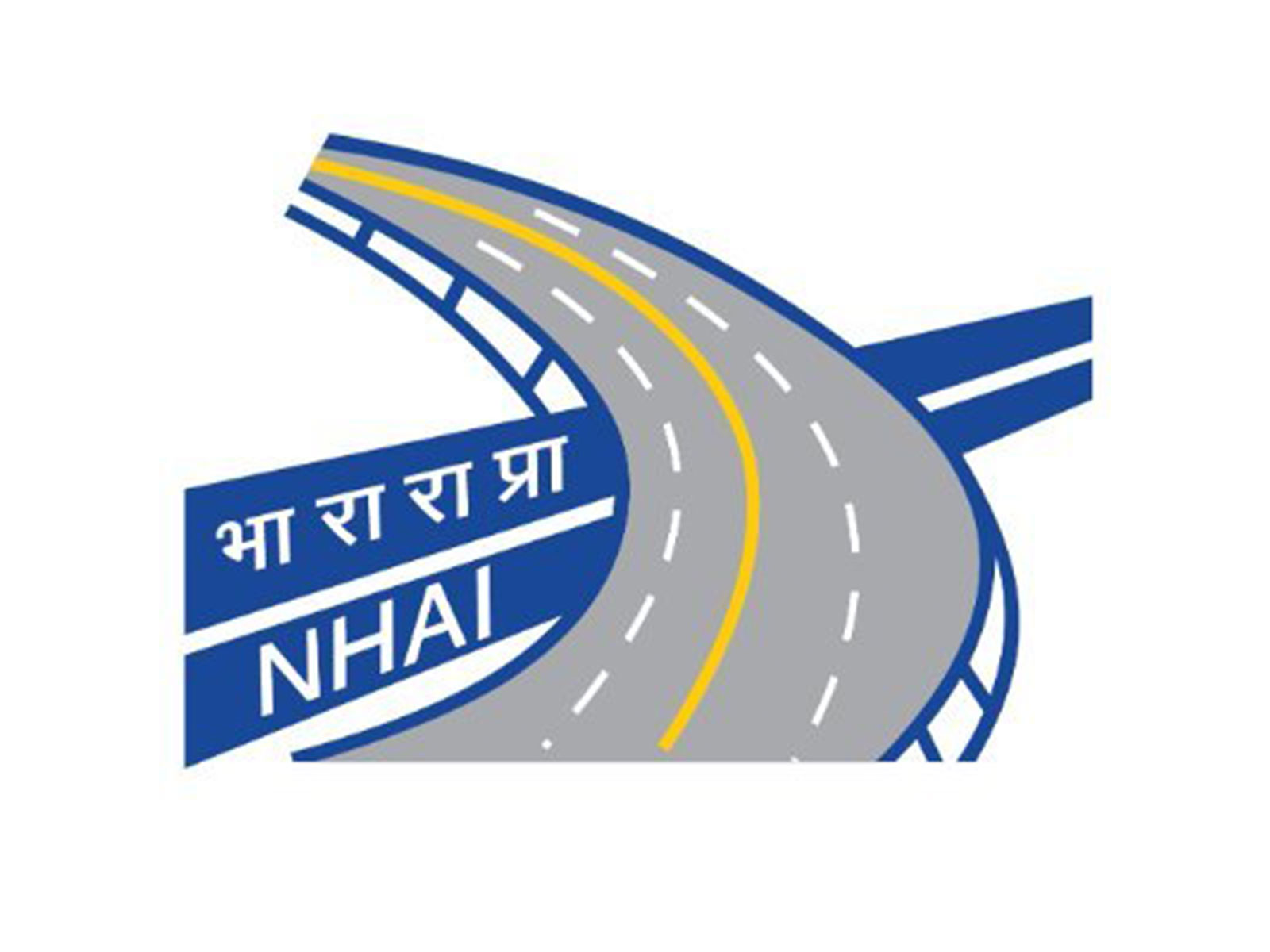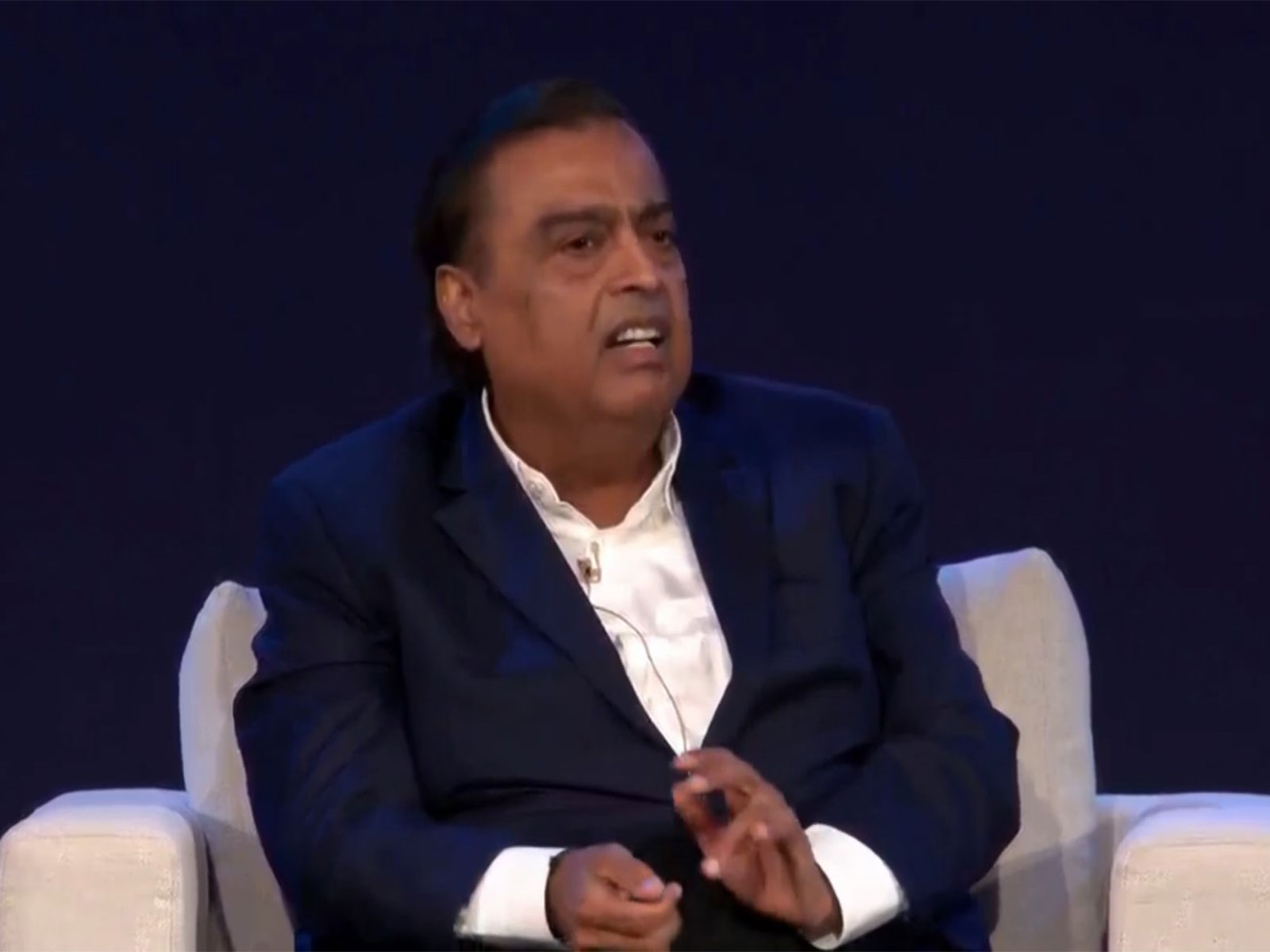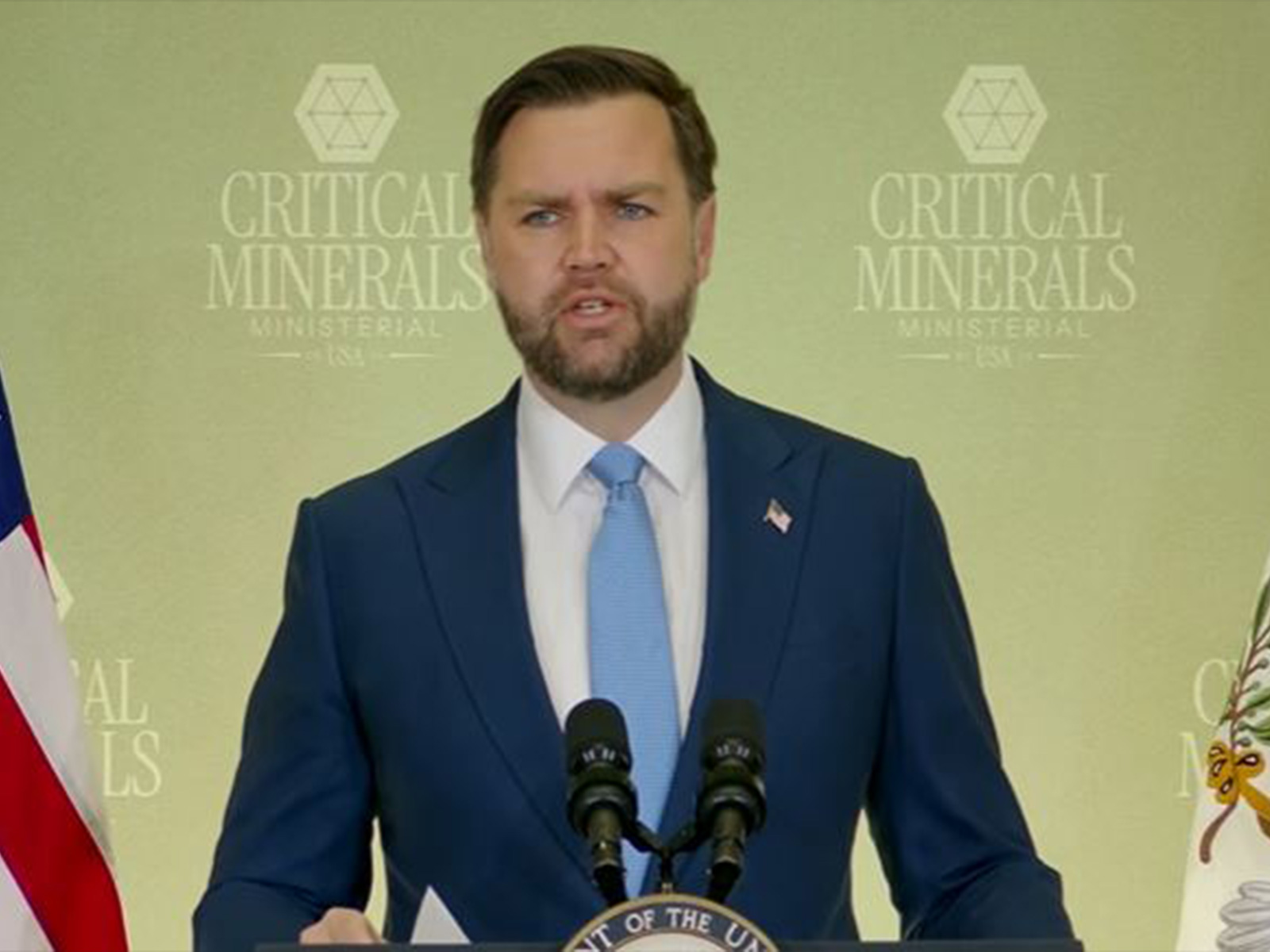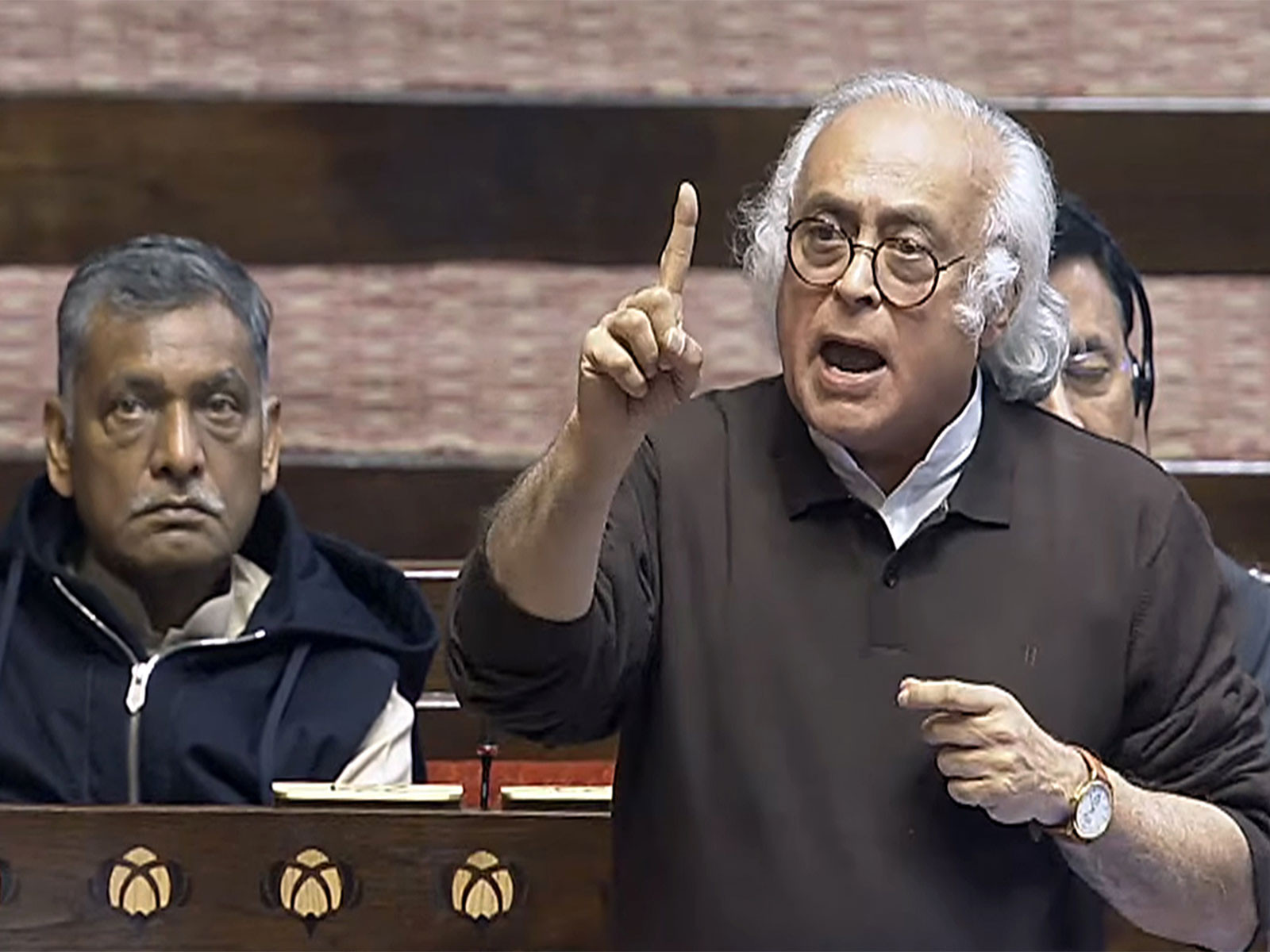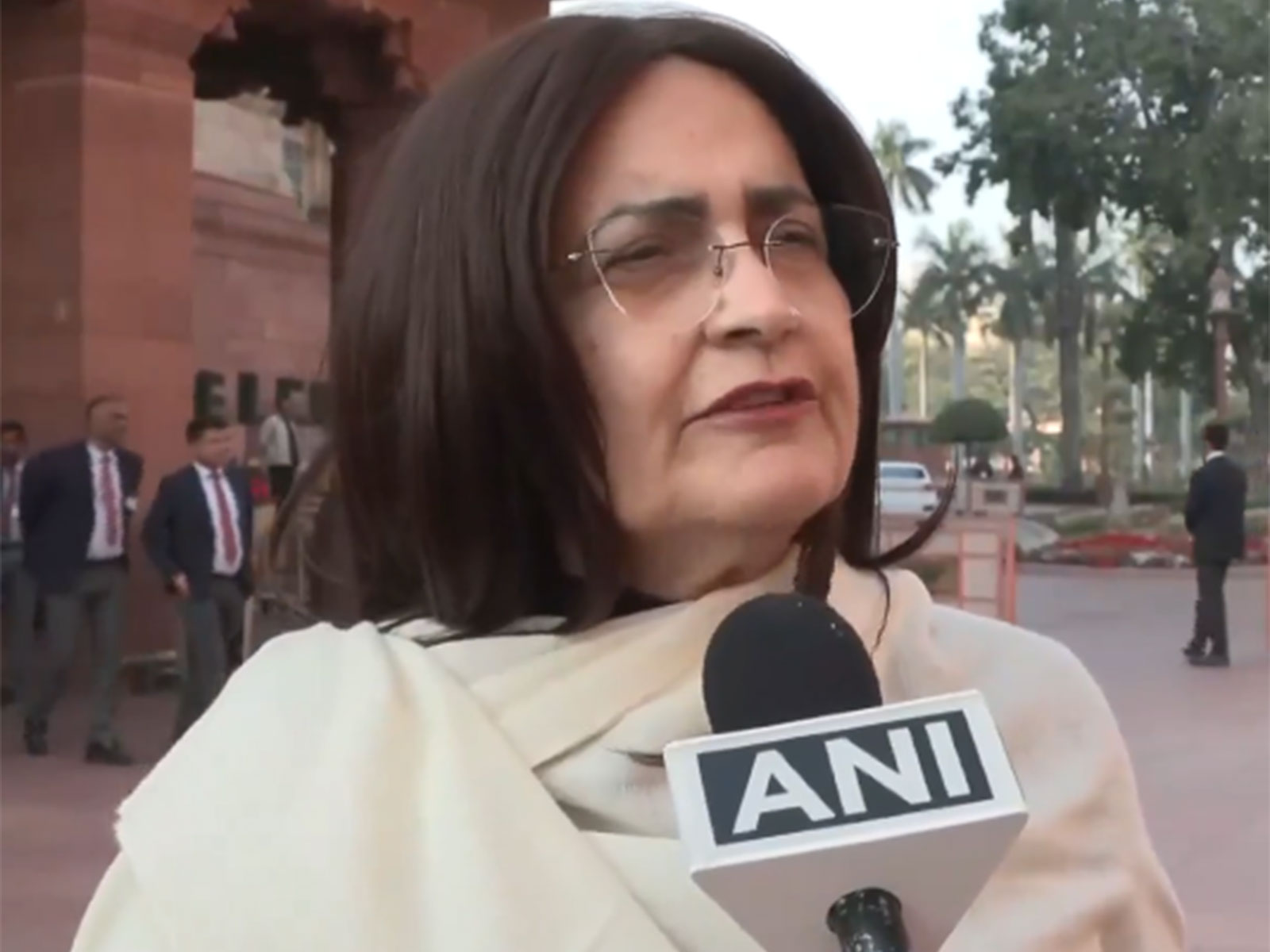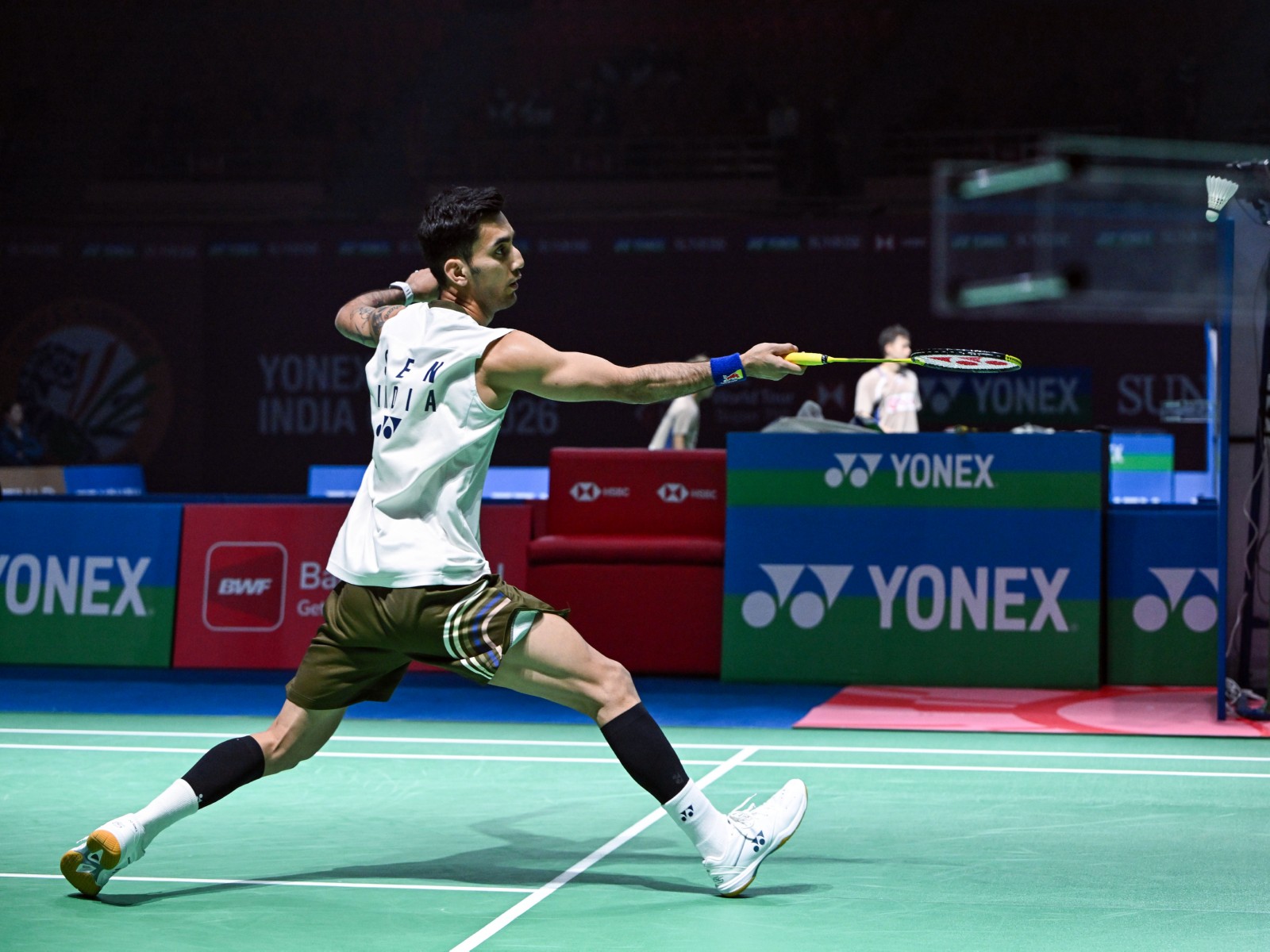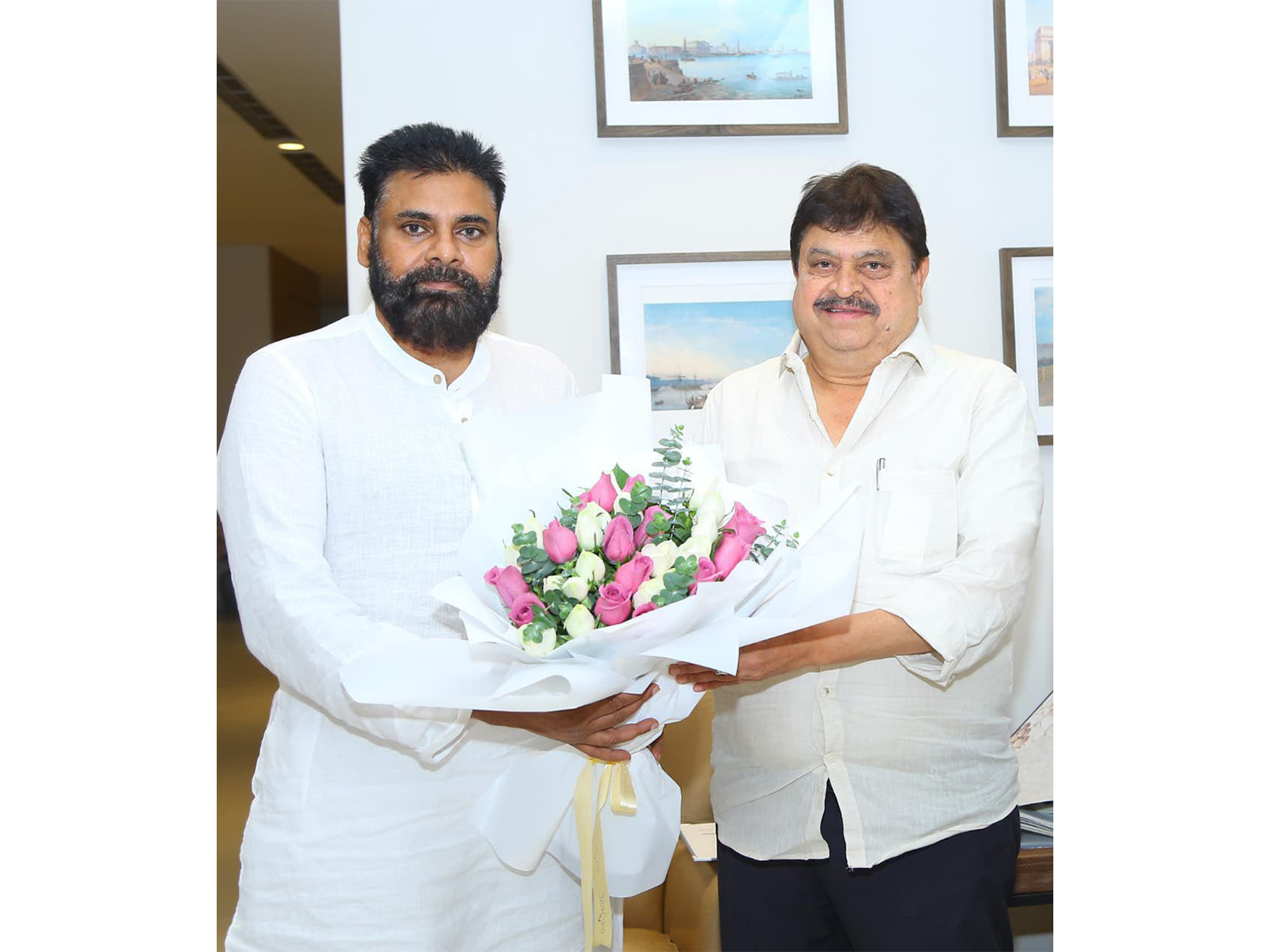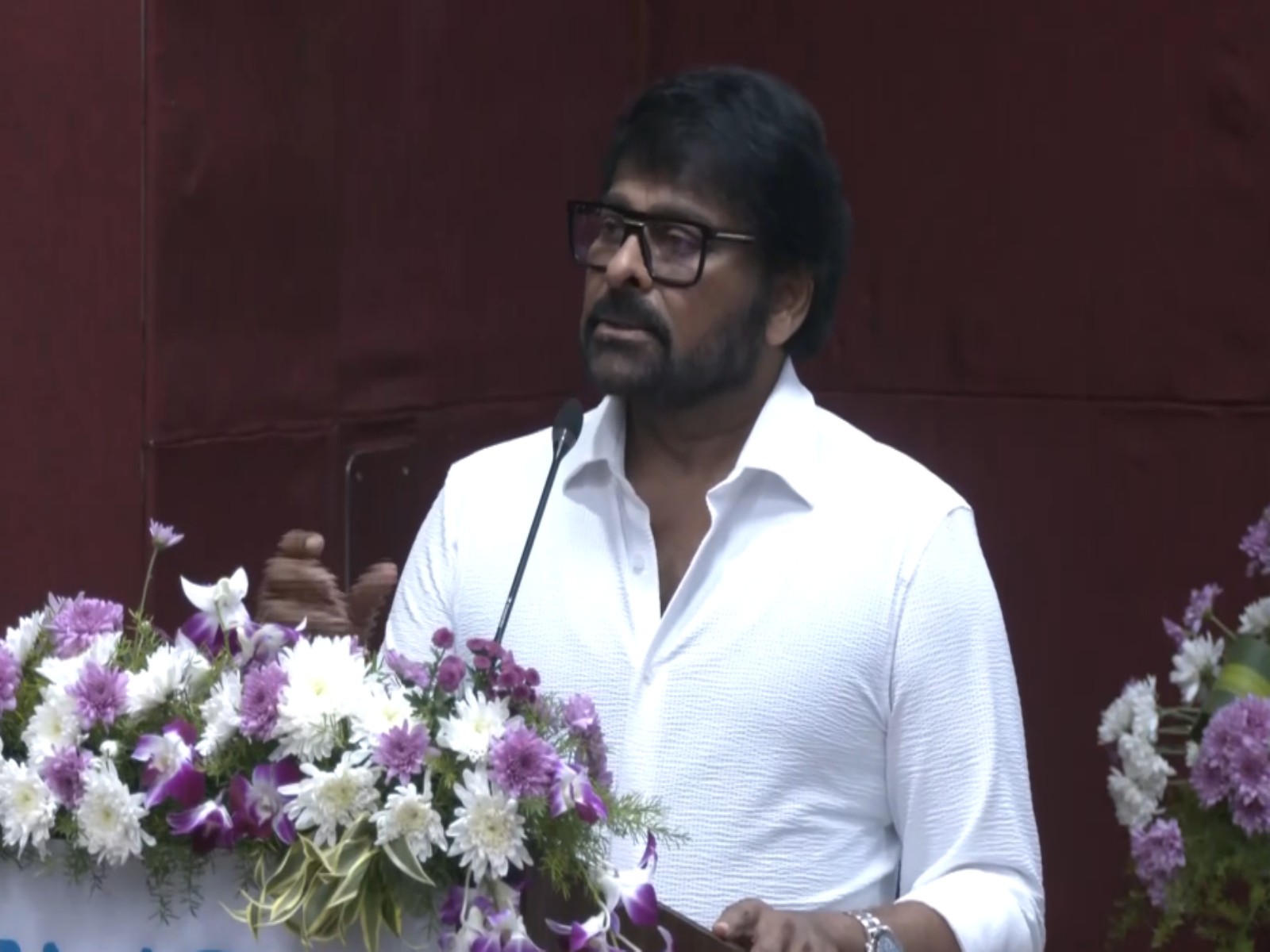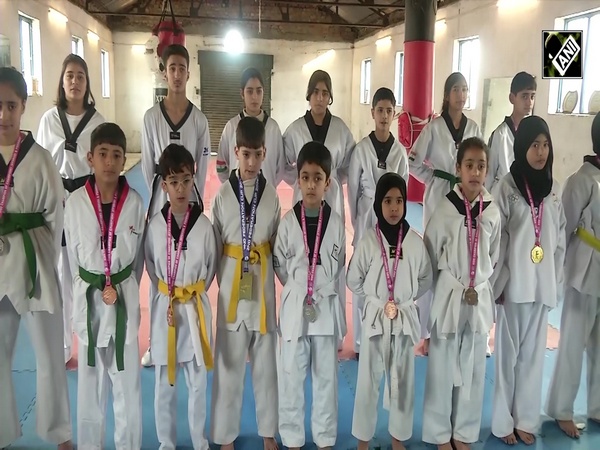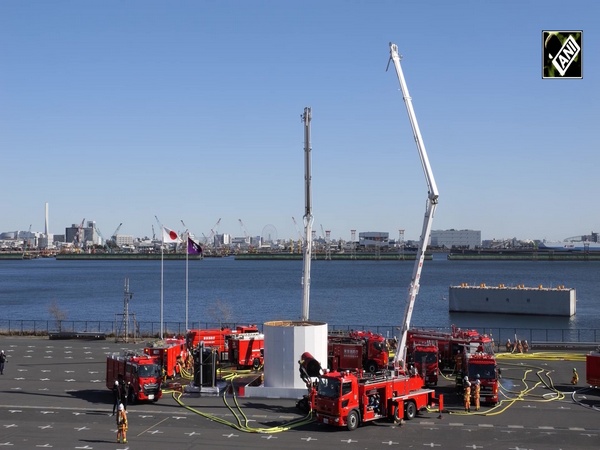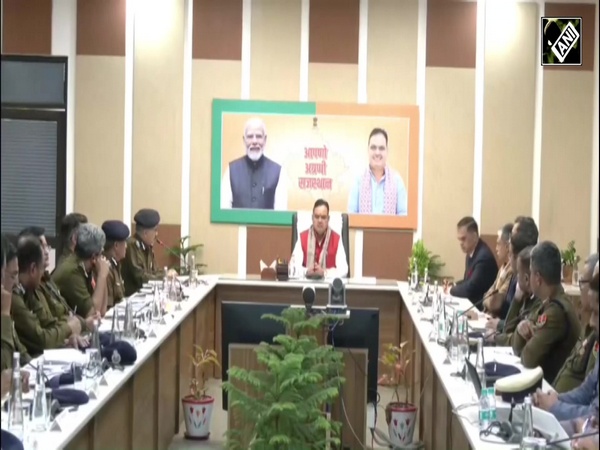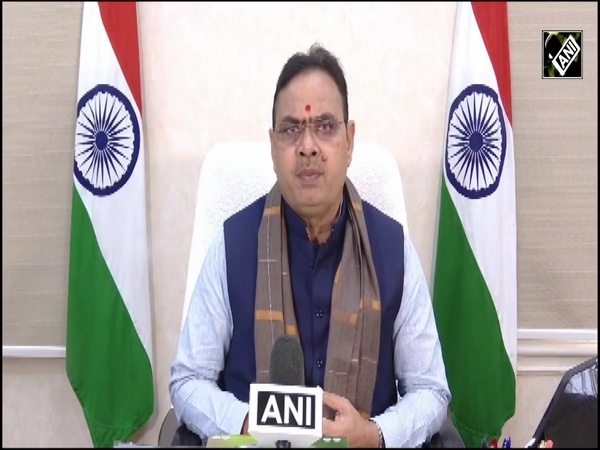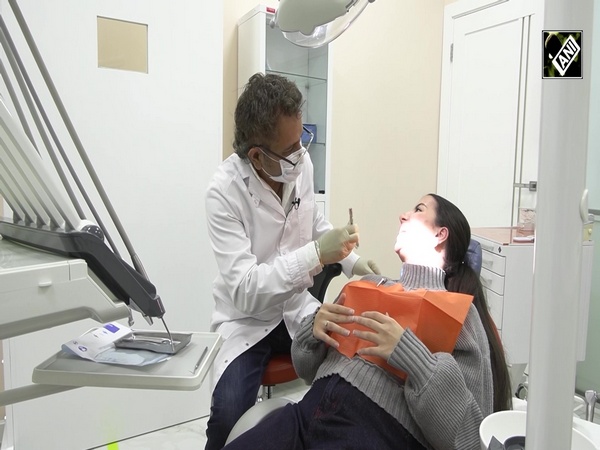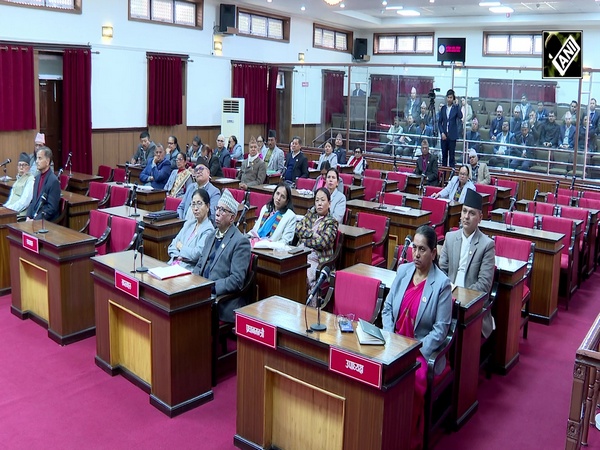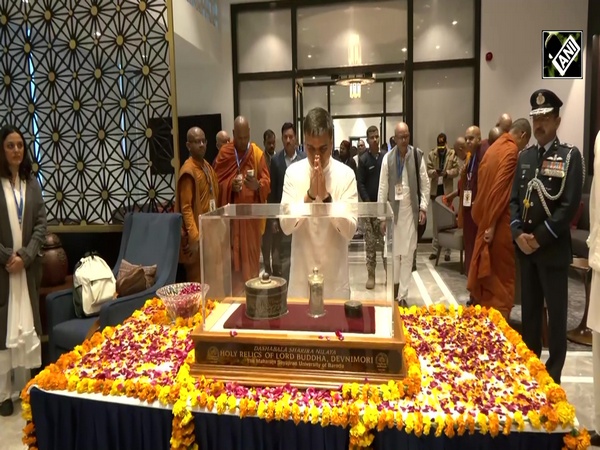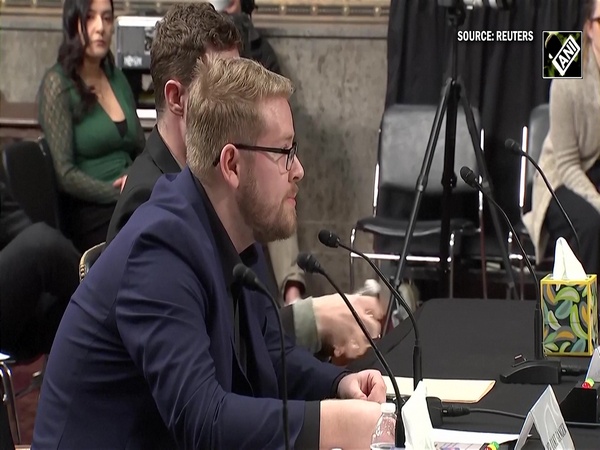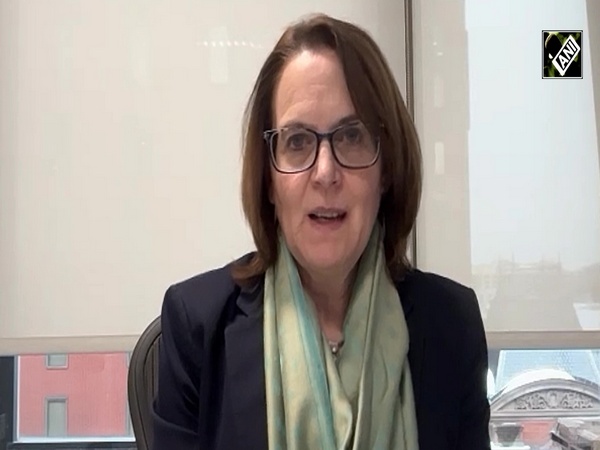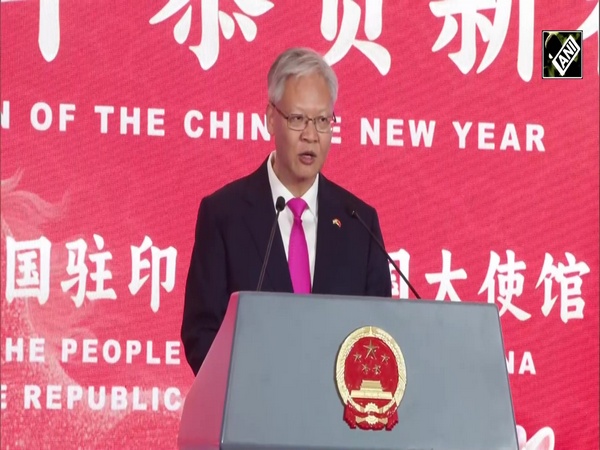Chhattisgarh critical mineral block drilling to start in December, says Deccan Gold Mines MD
Oct 30, 2025
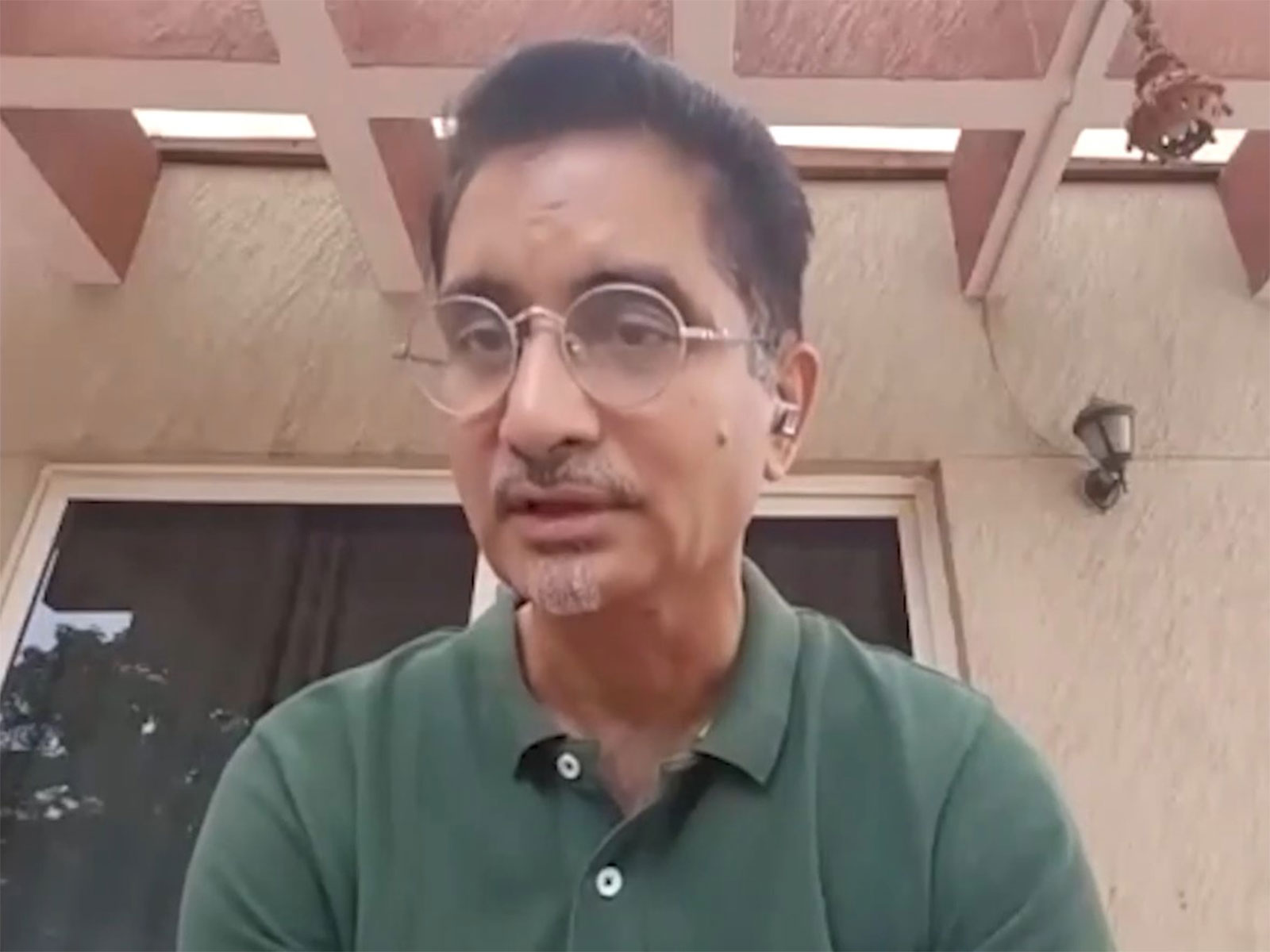
New Delhi [India], October 30 : Drilling at Deccan Gold Mines Limited's critical mineral block in Chhattisgarh will begin in December, marking a key step in India's efforts to secure domestic supplies of strategic resources like nickel, copper, platinum, and palladium, Hanuma Prasad, Managing Director, Deccan Gold Mines Limited, told ANI.
"In Chhattisgarh, we have the Balukona block for nickel, copper, platinum, and palladium," said Prasad in an exclusive interview with ANI on Wednesday. "Drilling will begin in December."
He said the block has strong multi-commodity potential. "We expect around 10,000 tons of copper and 10,000 tons of nickel annually," Prasad said. "It's a multi-commodity mine, nickel, copper, platinum, and palladium, all classified as critical minerals."
Deccan Gold Mines, India's only listed gold exploration company, also operates the Jonagiri Gold Project in Andhra Pradesh, the country's first gold mine to be developed in 80 years.
"Jonagiri is fully commissioned," Prasad said. "It will produce about 450-500 kilos of gold in the first year and reach 750 kilos at peak."
The company is simultaneously expanding its presence in the global rare-earth and critical mineral space. "We are doing due diligence for rare earth metals in one of the countries in Europe and also in another country in southern Africa," Prasad said. "We will have a clear idea in a month."
DGML has three major overseas projects in Kyrgyzstan, Finland, and Mozambique. Its Altin Tor Gold Project in Kyrgyzstan is the most advanced.
"We own 60 per cent in that project," Prasad said. "It's producing around 350 to 400 kilos of gold annually and will reach 700 to 750 kilos in two to three years."
In Finland, the company plans to begin operations next summer. "We will set up a thousand-ton processing facility," Prasad said. "It will produce about one ton of gold per year for at least five years."
The company's project in Mozambique is another strategic venture aimed at supplying India's electric vehicle sector.
"We will produce around 200 tons of lithium concentrate daily," Prasad said. "A processing plant will be set up next year, and we plan to bring the concentrate to India."
The investment in Mozambique is pegged at USD 30-40 million, while the Finland project will require around USD 40 million.
Prasad, who also serves on the National Mineral Exploration Trust (NMET) executive committee, said the government's National Critical Mineral Mission is driving progress in this sector. "Exploration is the only solution to develop mines in this country," he said. "The government's efforts are showing results."
The National Critical Mineral Mission (NCMM) is an Indian initiative launched in 2025 to ensure a stable supply of critical minerals essential for clean energy, technology, and defence sectors. Its main goals are to strengthen India's mineral value chains through exploration, mining, and processing, and to reduce reliance on imports by encouraging domestic exploration, international asset acquisition, and R&D.
However, he cautioned that "auction premiums of 60-70 per cent may not be financially sustainable" for private miners.
"India imports nearly Rs 70,000 crore worth of rare and critical minerals annually," Prasad said. "Whatever we supply may be small, but it's a first step."
